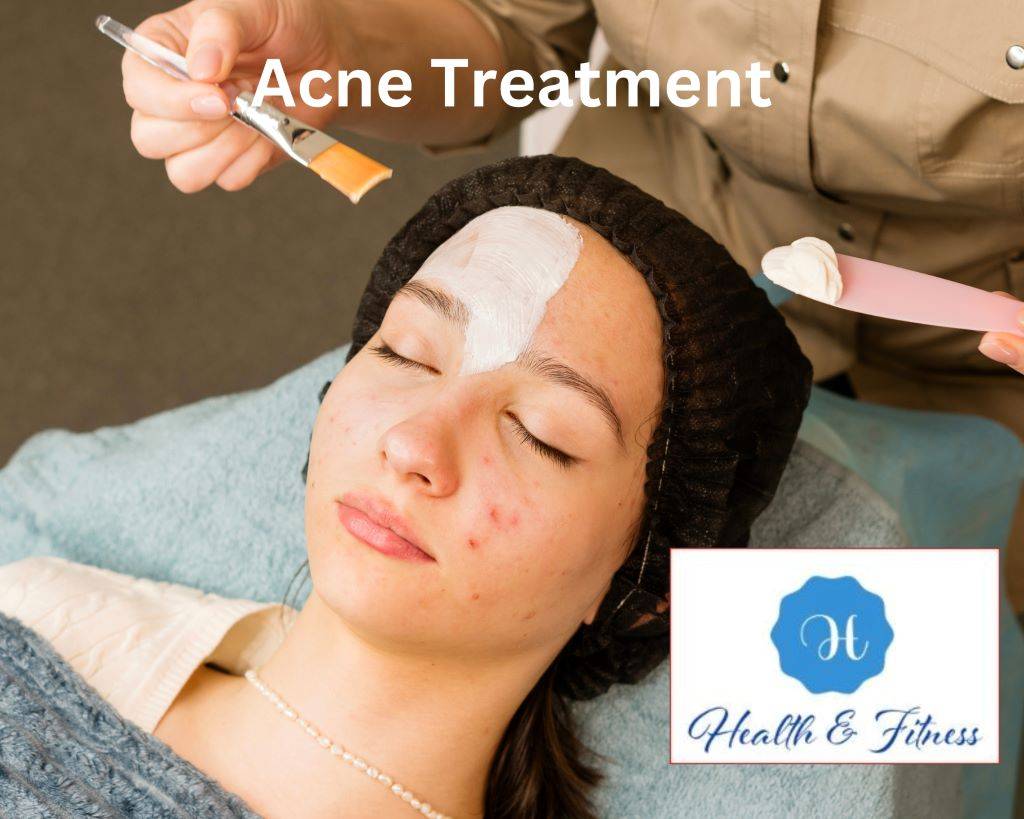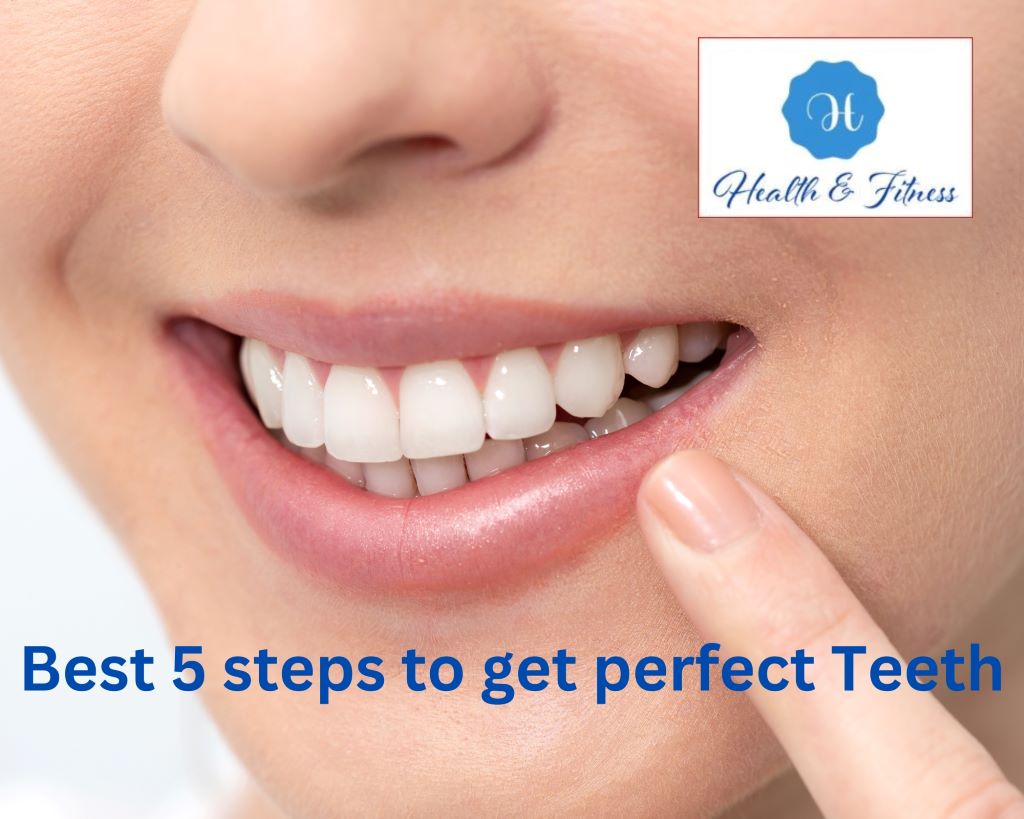Acne Treatment: Unleash Your Confidence with Clear Skin
Discover effective acne treatments and regain your confidence with clear, healthy skin. Our comprehensive guide explores various remedies, lifestyle changes, and professional options for successful acne treatment. Say goodbye to blemishes and embrace a radiant complexion. Get started with our expert tips today. Acne, a common skin condition that plagues many, can be a source of discomfort and a blow to one’s self-esteem. But fear not, for Acne Treatment is here to save the day. This article will guide you through the maze of acne treatments, helping you find the best solution for your skin and unleash your confidence.
Understanding Acne
Before diving into the world of acne treatments, gaining a comprehensive understanding of acne is paramount. Acne, a dermatological condition, arises when hair follicles are obstructed by sebum and dead skin cells. Typically manifesting as whiteheads, blackheads, or pimples, acne emerges on the face, forehead, chest, upper back, and shoulders. While it predominantly afflicts teenagers, individuals of all age groups can experience this skin concern.
Acne can be divided into two subtypes: Non-inflammatory acne, which includes blackheads and whiteheads, and inflammatory acne, which includes papules, pustules, nodules, and cysts. The type of acne one can determine the most effective treatment approach.
The Importance of Acne Treatment
Acne treatment is not just about improving your physical appearance. It’s about boosting your self-confidence and improving your quality of life. Acne can cause significant emotional distress, and effective treatment can help you regain control of your skin and life.
Untreated acne can also lead to dark spots and permanent scars on your skin. Therefore, treating acne is important to prevent these long-term effects.
Types of Acne Treatments
Numerous acne treatment options exist, each boasting its advantages and disadvantages. Below, we outline several prevalent approaches to addressing acne:
Topical Treatments
Topical treatments, encompassing creams, gels, or lotions, are specifically designed for direct application to the skin. These remedies function by decreasing sebum production, expediting the turnover of skin cells, combating bacterial infection, or alleviating inflammation. Commonly employed topical treatments include benzoyl peroxide, salicylic acid, and retinoid.
Oral Medications
These are pills or capsules you take by mouth. They work by reducing or eliminating the bacteria that cause acne, decreasing the skin’s oil production, or reducing inflammation. Some common oral medications include antibiotics, combined oral contraceptives, and isotretinoin.
Medical Procedures
include treatments like laser therapy, chemical peels, and microdermabrasion. They work by removing the top layer of your skin, promoting new skin growth, or reducing the appearance of acne scars.
Choosing the Right Acne Treatment
Choosing the right acne treatment can be a daunting task. Here are some factors to consider:
The Severity of Your Acne
Mild acne can frequently be addressed using non-prescription products, whereas moderate-to-severe acne may necessitate prescription medications or medical interventions.
Your Skin Type
Some treatments work better on oily skin, while others are more effective on dry or sensitive skin. It’s important to understand your skin type before starting any treatment.
Potential Side Effects
All acne treatments have potential side effects. It’s important to understand these before starting any treatment. Some common side effects include dryness, redness, and irritation.
Cost of Acne Treatment
The cost of acne treatments can vary widely. Make sure to choose a treatment that fits your budget. Remember, the most expensive treatment is not necessarily the most effective.
Home Remedies for Acne Treatment
Including home remedies in your skincare routine can be a budget-friendly and convenient way to address acne concerns. While they may not be as potent as prescription medications, home remedies can help reduce inflammation, unclog pores, and promote clearer skin. Here are some effective home remedies for acne treatment:
Tea Tree Oil
Tea tree oil, renowned for its antibacterial qualities, can combat bacteria contributing to acne while diminishing inflammation. To utilize its benefits, use a cotton swab to dilute a small quantity of tea tree oil with a carrier oil, such as coconut oil, and gently apply the mixture to the impacted regions.
Honey
Paraphrase this content and make it unique 100%.and simple
A natural antibacterial and anti-inflammatory agent, honey can soothe acne-prone skin and promote healing. Gently spread a fine coat of unprocessed honey onto the affected regions, allowing it to remain for approximately 10-15 minutes before washing off with lukewarm water.
Aloe Vera
Aloe vera gel has soothing and anti-inflammatory properties that can help reduce redness and inflammation associated with acne. Apply fresh aloe vera gel to the affected areas and leave it on for 15-20 minutes before rinsing off.
Apple Cider Vinegar
With its acidic properties, Apple cider vinegar possesses the potential to harmonize the skin’s pH level and mitigate the occurrence of acne flare-ups. Create a mixture of equal amounts of apple cider vinegar and water, then apply it to the skin using a cotton ball. Allow the solution to sit for a few minutes before rinsing it off.
Green Tea
Rich in antioxidants, green tea can help reduce inflammation and control sebum production. Brew a cup of green tea, let it cool, and apply it to the skin using a cotton ball or green tea extract as a topical treatment.
Oatmeal
Oatmeal has exfoliating and soothing characteristics that aid in eliminating dead skin cells and mitigating inflammation. Mix cooked oatmeal with honey and apply it as a mask to the skin. Allow it to remain on the skin for 15-20 minutes before washing away using lukewarm water.
Baking Soda
Baking soda is a mild exfoliator, aiding in eliminating surplus oil and dead skin cells. Create a paste by combining a small quantity of baking soda with water and delicately massage it onto the skin using circular motions. Rinse off thoroughly after a minute or two.
Turmeric
Renowned for its potent anti-inflammatory properties, turmeric can help reduce redness and inflammation associated with acne. Create a paste by blending turmeric powder with water or honey and gently applying it to the affected regions. Allow the paste to remain on the skin for 10-15 minutes before rinsing it off.
Ice
Ice can help reduce inflammation and redness associated with acne. Wrap an ice cube in a clean cloth and gently apply it to the affected areas for a few seconds. This can also help soothe any pain or discomfort caused by acne.
Lemon Juice
Lemon juice contains citric acid, which acts as an exfoliant and helps remove dead skin cells. It also has antibacterial properties that can help fight acne-causing bacteria. Mix water with freshly squeezed lemon juice, and use a cotton ball to apply it to the skin. After leaving it on for a few minutes, rinse it off. Remember, everyone’s skin is different, so it’s wise to conduct a patch test before applying any home remedy to your face to ensure no negative reactions. If you have severe or persistent acne, it’s best to consult with a dermatologist for a comprehensive treatment plan.
Lifestyle for Acne Treatment
Adopting a healthy lifestyle can play a significant role in managing and preventing acne breakouts. Along with proper skin care and treatment, incorporating the following lifestyle practices can help promote clearer skin and minimize acne flare-ups:
Maintain a Consistent Skincare Routine
Establish a daily skincare routine that includes cleansing, toning, and moisturizing. Choose gentle, non-comedogenic products specifically formulated for acne-prone skin. Avoid harsh scrubs or cleansers that can irritate the skin and exacerbate acne.
Keep Your Hands Off Your Face
Avoid touching your face throughout the day, as your hands can transfer dirt, bacteria, and oils to your skin, leading to clogged pores and breakouts. If you need to touch your face, ensure your hands are clean.
Cleanse After Physical Activity
After exercising or engaging in activities that cause sweating, it’s important to cleanse your skin promptly. Sweat and dirt can clog pores and contribute to acne breakouts. Use a gentle cleanser to remove impurities and unclog pores.
Avoid Excessive Sun Exposure
While limited sun exposure can benefit acne-prone skin, excessive exposure can lead to skin damage and worsen acne. Shield your skin from harmful UV rays by utilizing broad-spectrum sunscreen with a sun protection factor (SPF) of 30 or above and donning protective clothing for added defence.
Practice Stress Management
Stress can contribute to hormonal imbalances and trigger acne breakouts. Integrate stress-reducing practices into your routine, such as engaging in yoga, meditation, deep breathing exercises, or pursuing enjoyable hobbies. Nurturing your mental well-being can have a beneficial influence on the health of your skin.
Maintain a Balanced Diet
Although there is no direct link between specific foods and acne, maintaining a balanced diet can support overall skin health. Make sure to include fruits, vegetables, whole grains, and lean proteins for a well-rounded diet. Avoid or minimize processed foods, sugary snacks, and drinks, as they can trigger inflammation and contribute to acne.
Stay Hydrated
Ensuring sufficient hydration by consuming an appropriate amount of water during the day can assist in maintaining skin moisture and fostering a vibrant and healthy appearance. Hydration plays a crucial role in maintaining skin elasticity and reducing excess oil production.
Get Sufficient Sleep
Quality sleep is essential for overall health and skin rejuvenation. Aim for 7-8 hours of uninterrupted sleep each night. During sleep, the body repairs and regenerates, helping to maintain healthy skin.
Avoid Smoking and Limit Alcohol Consumption
Smoking and consuming excessive amounts of alcohol can harm the health of your skin. Smoking can lead to inflammation and reduce blood flow to the skin, while alcohol can dehydrate the body and affect hormone levels. Limit or avoid these habits for healthier skin.
Regularly Cleanse Pillowcases and Bedding
Dirty pillowcases and bedding can harbour bacteria, oils, and dirt that can transfer to your skin while you sleep. Wash your pillowcases and bedding regularly to maintain a clean sleeping environment and minimize the potential for acne-causing irritants.
Remember, lifestyle changes may take time to show noticeable improvements in your skin. Consistency is key, and it’s important to combine these lifestyle practices with appropriate acne treatment recommended by a dermatologist. Adopting a healthy lifestyle can support your skin’s natural balance and contribute to clearer, healthier-looking skin.
Frequently Asked Questions
Below are some commonly asked questions regarding the treatment of acne:
How long does it take for acne treatments to work?
It usually takes 6 to 8 weeks to see noticeable improvement. However, it can take up to 4 months for some treatments to achieve their full effect. It’s important to be patient and consistent with your treatment.
Could I use multiple acne treatments concurrently?
Using multiple acne treatments is not recommended as this can lead to over-drying and irritation. However, your dermatologist may recommend a combination of severe or persistent acne treatments.
Can a diet affect acne?
While the link between diet and acne is still debatable, some studies suggest that certain foods, like dairy and high-glycemic foods, may trigger acne in some people. It’s always an idea to maintain a balanced diet for overall health.
Can stress cause acne?
Yes, stress can trigger acne by increasing the body’s production of hormones such as cortisol, which can stimulate oil production and lead to acne.
Could I prevent acne?
While it’s not always possible to prevent acne, there are steps you can take to reduce your risk. These include washing your face regularly, avoiding touching your face, staying hydrated, eating a healthy diet, and exercising regularly.
Conclusion
Acne treatment is a journey, not a destination. It requires patience, persistence, and a willingness to try different treatments until you find the one that works best for you. Remember, the goal is to clear your skin unleash your confidence and live your life fullest. You can conquer acne and embrace your true beauty with the right treatment and a positive attitude.
Reference
National Institute of Arthritis and Musculoskeletal and Skin Diseases. (2020). Acne. Retrieved from https://www.niams.nih.gov/health-topics/acne
American Academy of Dermatology Association. (n.d.). Acne: Tips for managing. Retrieved from https://www.aad.org/public/diseases/acne/skin-care/tips



